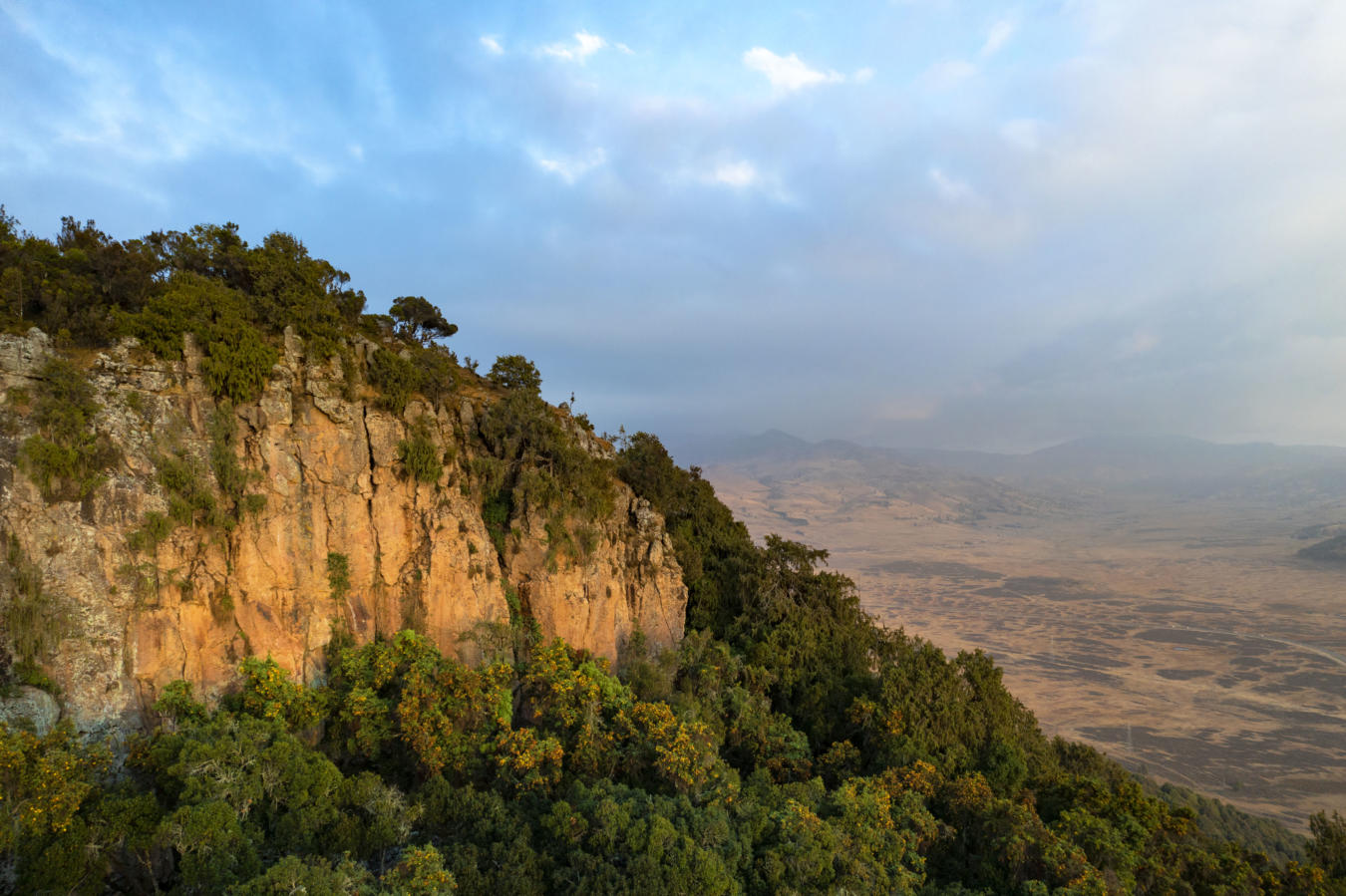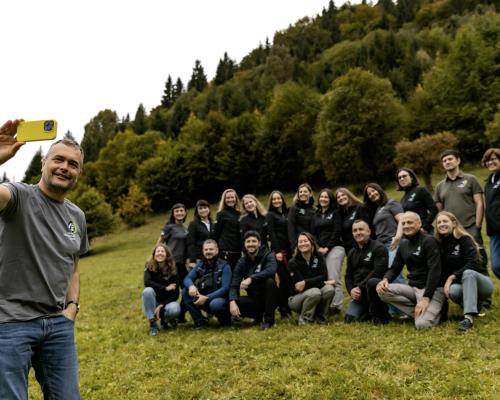Frankfurt Zoological Society congratulates Ethiopia and specifically our partner, the National Parks Authority of the country on receiving “World Heritage Site” status for two new sites in the country. As a long-standing supporter of Bale Mountains National Park we are happy that the park is now listed as a UNESCO World Heritage Site.

Bale Mountains National Park (Ethiopia) becomes a World Heritage Site
Today, the UNESCO World Heritage Committee granted the Bale Mountains National Park in Ethiopia the status of a UNESCO World Heritage Site. The decision was made during the 45th session of the Committee in Saudi Arabia’s capital Riyadh. As a long-standing partner and supporter of the Bale Mountains National Park, we at the Frankfurt Zoological Society (FZS) are particularly pleased about this recognition.
“Achieving World Heritage Site status is an important signal that this property and the surrounding areas are crucial for society now and should be sustained for the well-being of future generations,” says Justin Irvine, former FZS country director for Ethiopia, who worked with his team and our Ethiopian partners to prepare this nomination.
Achieving World Heritage Site status is an important signal that this property and the surrounding areas are crucial for society now and should be sustained for the well-being of future generations.
“Bale Mountains not only has outstanding landscapes and unique diversity, but the vast high-altitude Afro-alpine areas are the source of water for the majestic Harenna forest and regulate the rivers that support the ecosystems and livelihoods of southeast Ethiopia and beyond to Somalia and Kenya,” says Justin Irvine.
Protected areas cover 17% of Ethiopia’s land area. There are 10 national parks under the protection of the federal government and 12 more managed by regional authorities. In addition, there are large areas of wildlife, forest and biosphere reserves. Before the September meeting of the World Heritage Committee, there was only one natural World Heritage property in Ethiopia – the majestic and dramatic Simien Mountains National Park established back in 1978.
Bale Mountains National Park is an irreplaceable biodiversity gem and home to an extraordinary fauna and flora with one of the highest incidences of terrestrial animal endemicity in the world. It is therefore long overdue that it should join this prestigious list.
“Achieving World Heritage Status will help to harness support for the sustainable development of the natural resources in and around the Bale Mountains National Park and facilitate the development of conservation-compatible livelihoods and well-being among park adjacent communities,” says Ambassador Nasise Challi Jira, Ethiopia’s Minister for Tourism.
The Bale Mountains are the jewel in the crown of Ethiopia’s protected areas and the potential for a sustainable tourism industry based on benefits-sharing with the communities is huge. Safeguarding the Bale Mountains National Park for nature-based tourism will also safeguard the water and climate regulation services Bale provides to downstream users and wider society.











